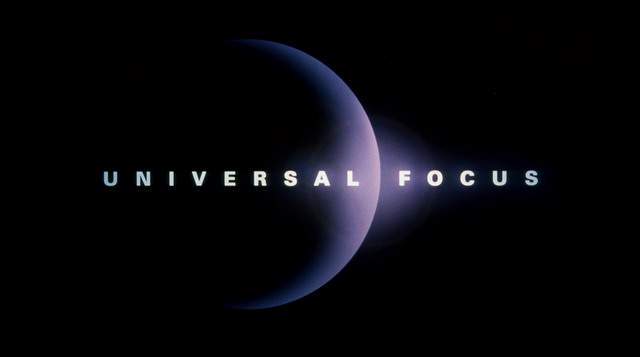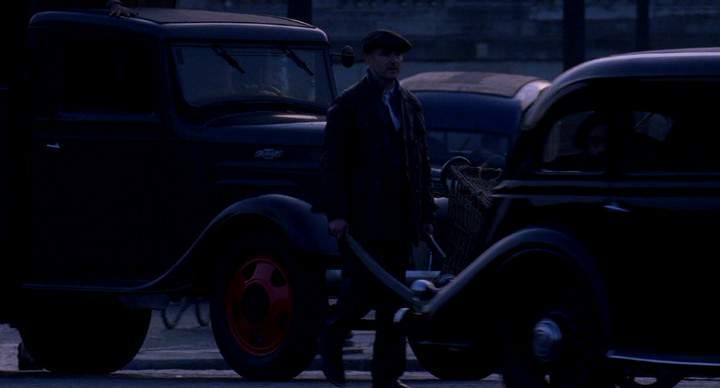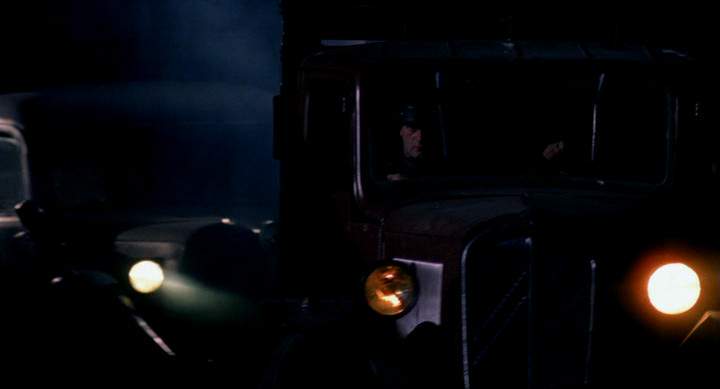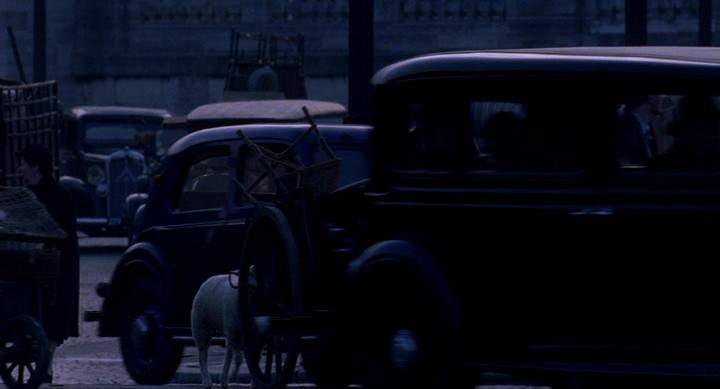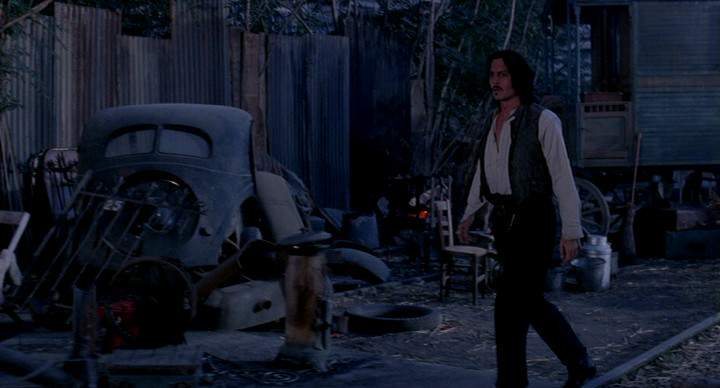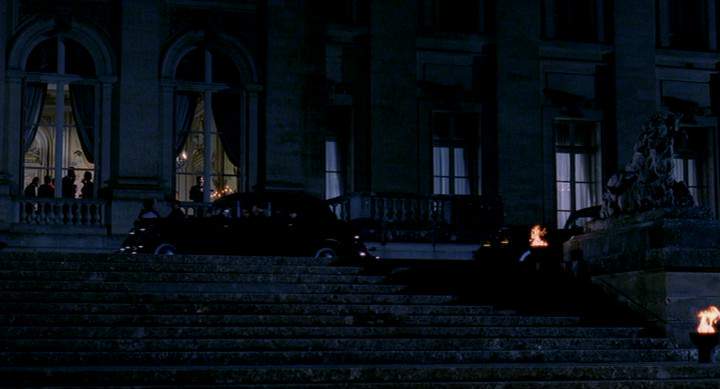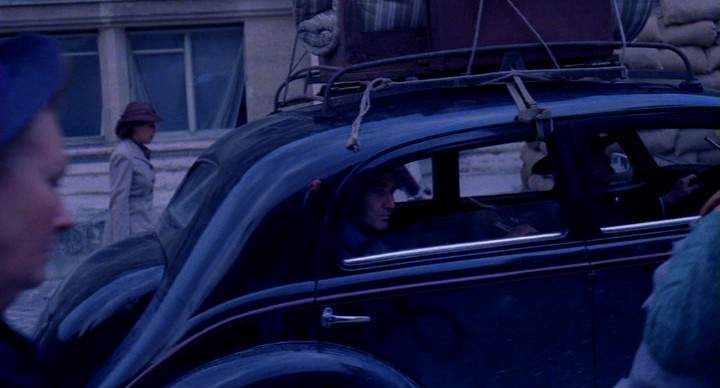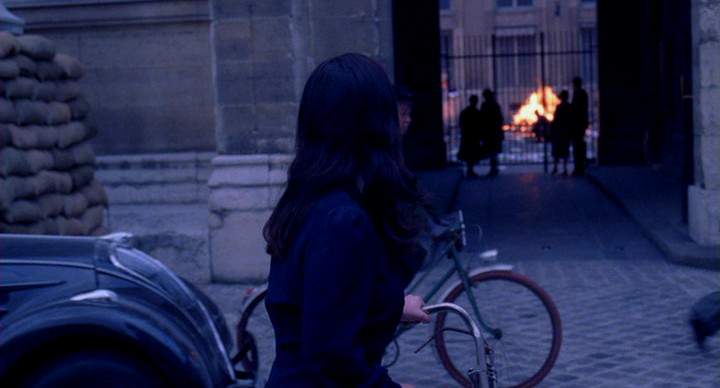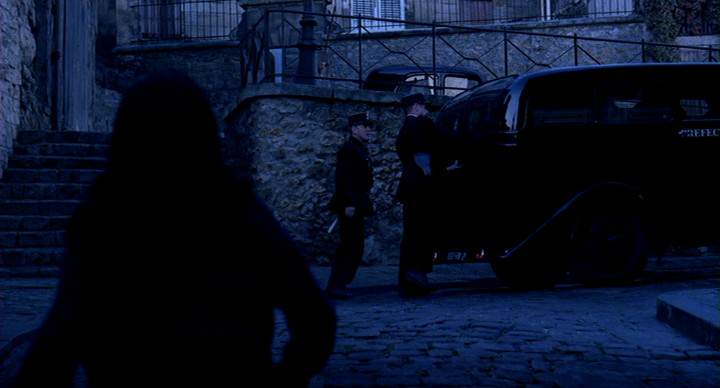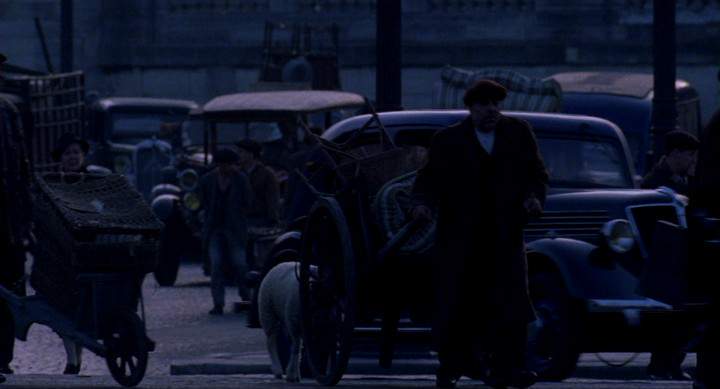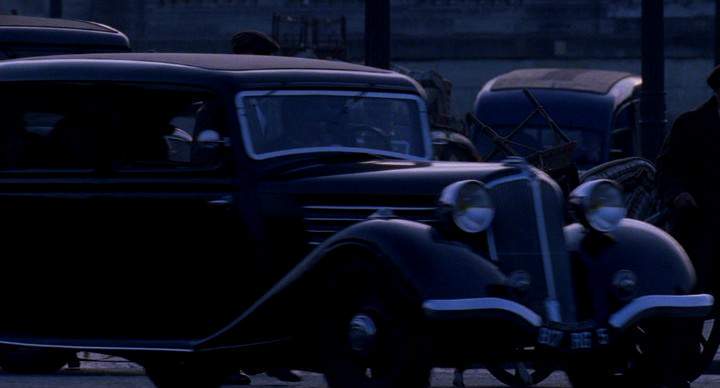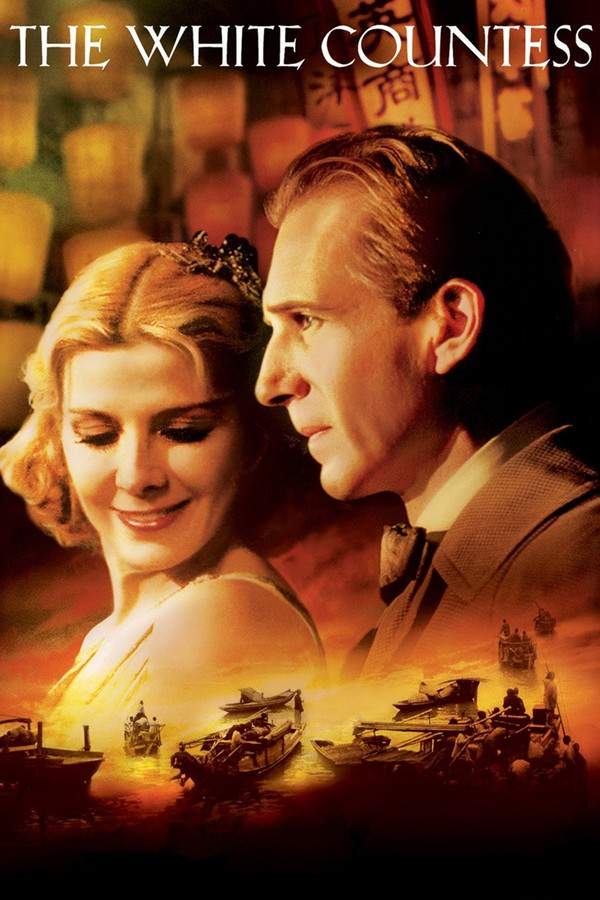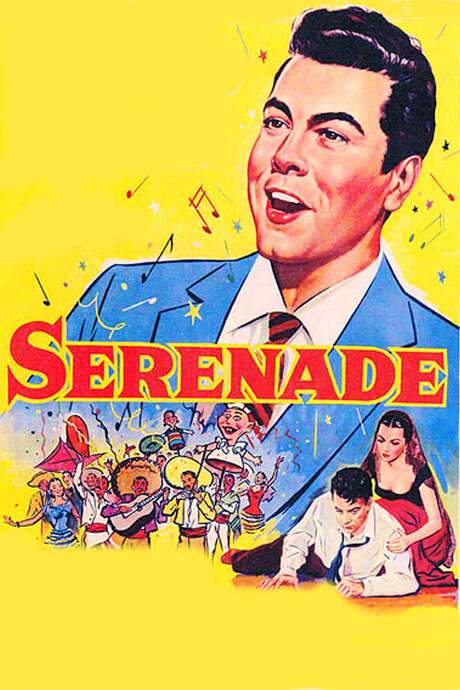The Man Who Cried 2001
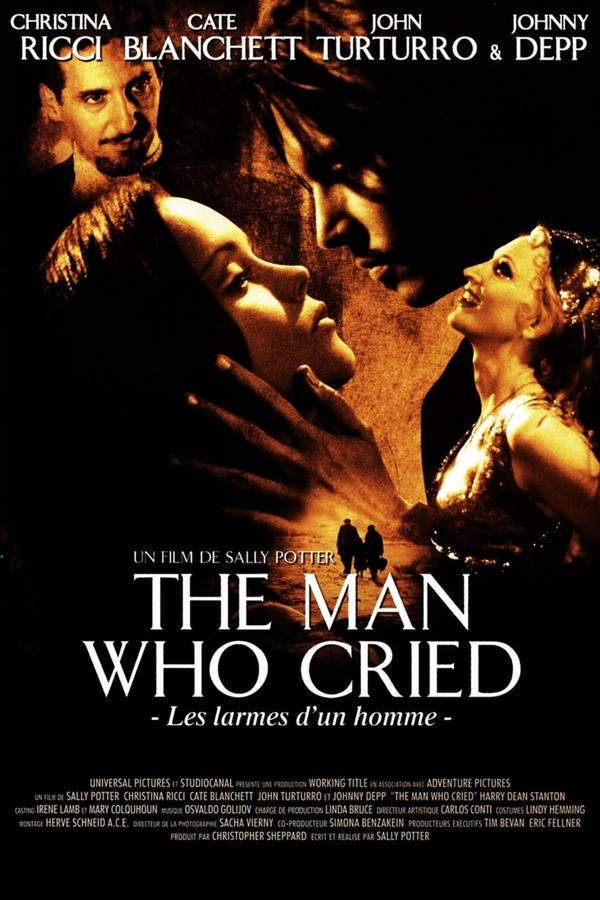
In 1927, a young Russian Jewish girl experiences a devastating loss and escapes to England, reinventing herself as Suzie, a gifted singer. She rises to prominence in the Parisian theater scene, becoming part of a lively group of international performers. Her world is further complicated by the arrival of a charismatic Russian dancer and a charming Gypsy horseman. As the Nazi invasion threatens, Suzie must undertake a dangerous journey to find her father in America, facing numerous challenges along the way.
Does The Man Who Cried have end credit scenes?
No!
The Man Who Cried does not have end credit scenes. You can leave when the credits roll.
Meet the Full Cast and Actors of The Man Who Cried
Explore the complete cast of The Man Who Cried, including both lead and supporting actors. Learn who plays each character, discover their past roles and achievements, and find out what makes this ensemble cast stand out in the world of film and television.
External Links and Streaming Options
Discover where to watch The Man Who Cried online, including streaming platforms, rental options, and official sources. Compare reviews, ratings, and in-depth movie information across sites like IMDb, TMDb, Wikipedia or Rotten Tomatoes.
Ratings and Reviews for The Man Who Cried
See how The Man Who Cried is rated across major platforms like IMDb, Metacritic, and TMDb. Compare audience scores and critic reviews to understand where The Man Who Cried stands among top-rated movies in its genre.

40
Metascore
6.7
User Score


%
TOMATOMETER

0%
User Score

61
%
User Score
Take the Ultimate The Man Who Cried Movie Quiz
Challenge your knowledge of The Man Who Cried with this fun and interactive movie quiz. Test yourself on key plot points, iconic characters, hidden details, and memorable moments to see how well you really know the film.
The Man Who Cried Quiz: Test your knowledge of 'The Man Who Cried' and its poignant story of love, loss, and survival amidst tumultuous times.
What was Fegele's father's name?
Oleg Yankovsky
John Turturro
Cate Blanchett
Harry Dean Stanton
Show hint
Full Plot Summary and Ending Explained for The Man Who Cried
Read the complete plot summary of The Man Who Cried, including all major events, twists, and the full ending explained in detail. Explore key characters, themes, hidden meanings, and everything you need to understand the story from beginning to end.
Fegele Abramovich, played by Christina Ricci, is a young Russian Jew who experiences a heartbreaking separation from her father (Oleg Yankovsky) in 1927. As he ventures to America in search of a better life, he promises to send for Fegele and her grandmother. Before his departure, he tenderly sings “Je Crois Entendre Encore” from the Bizet opera Les pêcheurs de perles, a moment that lingers in her memory. Tragically, following her father’s departure, the village falls victim to a brutal pogrom, leading to its destruction. With the help of sympathetic neighbors, Fegele narrowly escapes and finds herself onboard a boat headed for Britain, clutching a photograph of her father and a coin gifted by her grandmother.
Upon arrival in England, she is renamed “Susan” by a local official and placed in the care of foster parents. Struggling to navigate her new environment, Susan faces ridicule from her peers, who, unaware of her circumstances, mockingly refer to her as a “gypsy.” Language barriers hinder her understanding, but a compassionate teacher, recognizing her talents, encourages Susan to sing and teach her English, allowing her to express herself.
As time goes by, Susan auditions for a coveted role in a singing dance troupe bound for Paris. There, she befriends an older Russian dancer named Lola (Cate Blanchett), and they form a bond living together as roommates. At a glamorous social event, the duo performs alongside a captivating horseman, Cesar (Johnny Depp), who instantly captivates Susan’s interest. After their exciting performance, they hear a beautiful tenor voice inside, which belongs to Dante (John Turturro), an Italian opera singer who also catches Lola’s eye. The relationship between Lola and Dante blossoms as she seeks to earn his affection, drawn in by his charm and success. Meanwhile, Susan finds herself being introduced to Cesar’s close-knit community, deepening her connection with him.
Trouble arises as Dante discovers Susan’s Jewish background when he stumbles upon her father’s photograph during a deceitful visit to her apartment after spending time with Lola. An elderly Jewish neighbor, Madame Goldstein (Miriam Karlin), warns Susan of the impending peril as Nazi threats loom ominously on the horizon. With the German invasion of France, a frantic exodus begins, as many, including Jews, attempt to escape the looming terror. The opera show, once vibrant with spectators, begins to empty, leaving only Susan and Dante among the performers. When Dante attempts to pursue Susan romantically, she firmly rejects him, igniting his ire against her heritage and her relationship with Cesar.
In a tense confrontation, it becomes clear that both personal and political tensions are spiraling out of control. Felix Perlman (Harry Dean Stanton), who manages the opera company, steps in to defend Susan, reminding Dante that, as an Italian in a precarious position in Paris, he too faces threats should Mussolini ally with the Nazis. As the atmosphere grows increasingly tense, Perlman decides to shut down the show, just as the Nazis breach the city limits the following day.
Reluctantly thrust back into the role of minstrel, Dante’s jealousy propels him to betray Susan to a German officer. Lola, realizing the danger surrounding Susan, urges her to leave Paris. With excitement, Lola arranges a passage on an ocean liner to escape to America, a plan that meets with cataclysmic events. On the night of their departure, tragedy strikes when the Nazis attack Cesar’s Romani village, killing a child, and making the need for Susan to flee all the more urgent. Despite her love for Cesar and her desire to stay and fight alongside him, he insists that her safety must come first.
As fate would have it, the ocean liner they board is tragically torpedoed during transit, claiming Lola’s life in the chaos. Susan miraculously survives and is brought to New York, where her search for her father commences. In her quest, she learns that he has altered his identity, abandoned his singing career, and built a new life out west, believing his family perished in the horrific attack on their village.
When Susan finally arrives in Hollywood, she confronts the reality of her father’s new life, including a new family and a terminal illness. Overcoming her feelings of abandonment, she walks past his new wife and children waiting in the hallway, making her way into his hospital room. As he recognizes her, his face lights up with joy. Filled with emotion, she sits beside him and sings “Je Crois Entendre Encore” in Yiddish, bringing tears to both of their eyes as they reconnect amidst the trials and tribulations of their tumultuous past.
Uncover the Details: Timeline, Characters, Themes, and Beyond!

Coming soon on iOS and Android
The Plot Explained Mobile App
From blockbusters to hidden gems — dive into movie stories anytime, anywhere. Save your favorites, discover plots faster, and never miss a twist again.
Sign up to be the first to know when we launch. Your email stays private — always.
Watch Trailers, Clips & Behind-the-Scenes for The Man Who Cried
Watch official trailers, exclusive clips, cast interviews, and behind-the-scenes footage from The Man Who Cried. Dive deeper into the making of the film, its standout moments, and key production insights.
Cars Featured in The Man Who Cried
Explore all cars featured in The Man Who Cried, including their makes, models, scenes they appear in, and their significance to the plot. A must-read for car enthusiasts and movie buffs alike.
The Man Who Cried Themes and Keywords
Discover the central themes, ideas, and keywords that define the movie’s story, tone, and message. Analyze the film’s deeper meanings, genre influences, and recurring concepts.
The Man Who Cried Other Names and Titles
Explore the various alternative titles, translations, and other names used for The Man Who Cried across different regions and languages. Understand how the film is marketed and recognized worldwide.
Similar Movies To The Man Who Cried You Should Know About
Browse a curated list of movies similar in genre, tone, characters, or story structure. Discover new titles like the one you're watching, perfect for fans of related plots, vibes, or cinematic styles.
Quick Links: Summary, Cast, Ratings, More

What's After the Movie?
Not sure whether to stay after the credits? Find out!
Explore Our Movie Platform
New Movie Releases (2025)
Famous Movie Actors
Top Film Production Studios
Movie Plot Summaries & Endings
Major Movie Awards & Winners
Best Concert Films & Music Documentaries
Movie Collections and Curated Lists
© 2025 What's After the Movie. All rights reserved.


